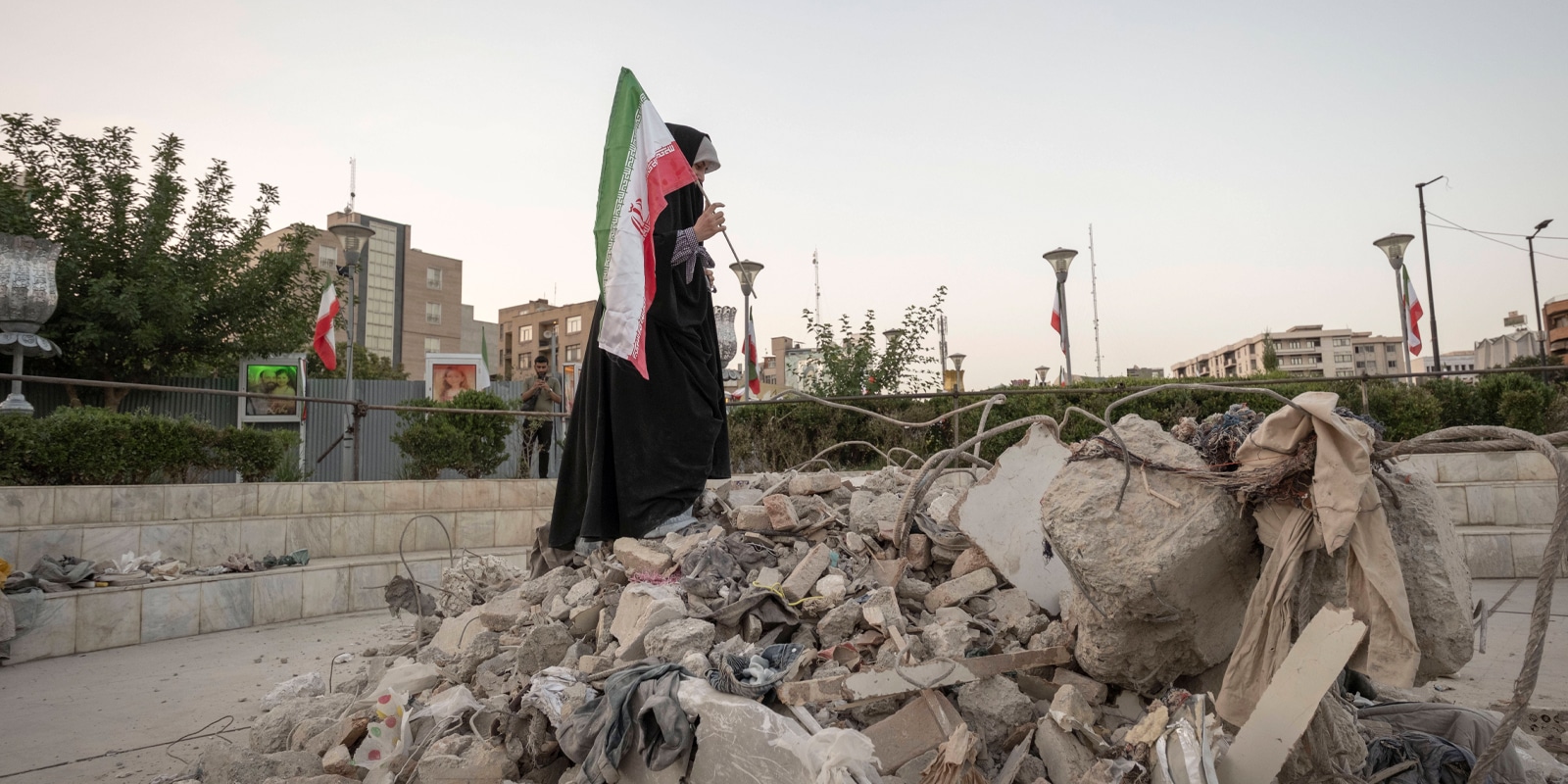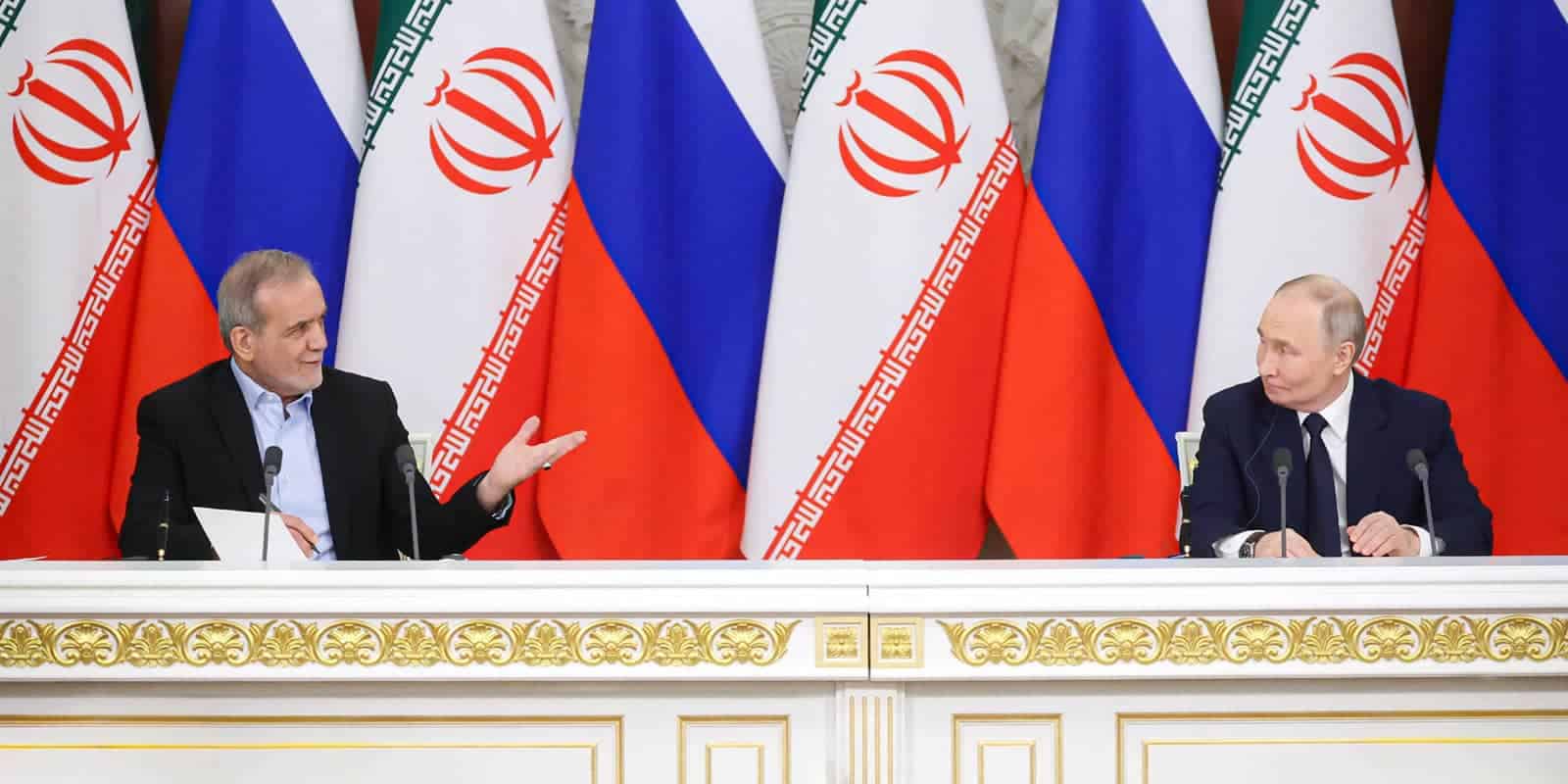Dear Subscribers,
We are witnessing history in the making. The joint Israeli-American strike on the main facilities of Iran’s military nuclear program has eliminated the nuclear threat—for now—and brought the collapse of the Iranian Axis of Evil to its conclusion. This turning point opens the door to new possibilities: a safer, more prosperous Middle East built on the expansion of the Abraham Accords, future oversight of Iran’s nuclear and missile programs, and perhaps even a shift in Hamas’s position that could allow progress toward achieving Israel’s war aims in Gaza.
Still, alongside this moment of opportunity, Israel faces ongoing security challenges on every front. Iran is unlikely to accept the blow it has suffered and may seek to revive its nuclear and missile projects. In Gaza, Hamas retains significant strength, continues to target IDF soldiers, and still holds fifty hostages. Meanwhile, Hezbollah, the Houthis, and terrorist groups in Judea and Samaria remain a constant threat. Antisemitism is also rising in the West, and the Democratic Party’s nomination of Zohran Mamdani in the New York City mayoral race is cause for concern.
Over the past month, the Jerusalem Institute for Strategy and Security has addressed all of these issues through a series of Hebrew and English webinars, policy briefs, and in-depth research papers. Our scholars have also published widely in the media and appeared on television, radio, and in print—both in Israel and internationally.
On the Iran front, we hosted two webinars with institute experts and guest speakers, and published a wide range of analyses by Maj. Gen. (res.) Yaakov Amidror, Prof. Efraim Inbar, Col. (res.) Eran Lerman, and myself. Of particular note are the publications by Dr. Avi Davidi, who closely tracked developments in Iran before and during the war.
We also focused heavily on the Gaza front, with extensive written analysis and webinars—most recently one exploring the implications of the Iran strike for the fighting in Gaza. Much of this work came from the prolific duo of Col. (res.) Prof. Gabi Siboni and Brig. Gen. (res.) Erez Wiener.
As part of our growing focus on antisemitism and delegitimization, Dr. Hay Eytan Cohen Yanarocak published a comprehensive study on the roots of antisemitism in Turkey, while Dr. Emmanuel Navon examined the risks posed by the increasingly adversarial stance of the French president toward Israel.
We’ve also broadened our scope to include India-Israel relations with a guest essay by an Indian writer highlighting parallels between the leadership styles of Prime Minister Modi and Prime Minister Netanyahu, in light of the strike on Iran and India’s “Operation Sindoor” against terror infrastructure in Pakistan following the Phajam attack.
Finally, Prof. Inbar explored Turkey’s aspirations to expand its regional influence as Iran’s axis weakens, and the strategic challenges this trend poses for Israel.
Brig. Gen. (res.) Yossi Kuperwasser
Head of Jerusalem Institute for Strategy and Security















Hamas’s Battle with Gaza’s “Rogue Clans” in the Eyes of the Palestinian Public